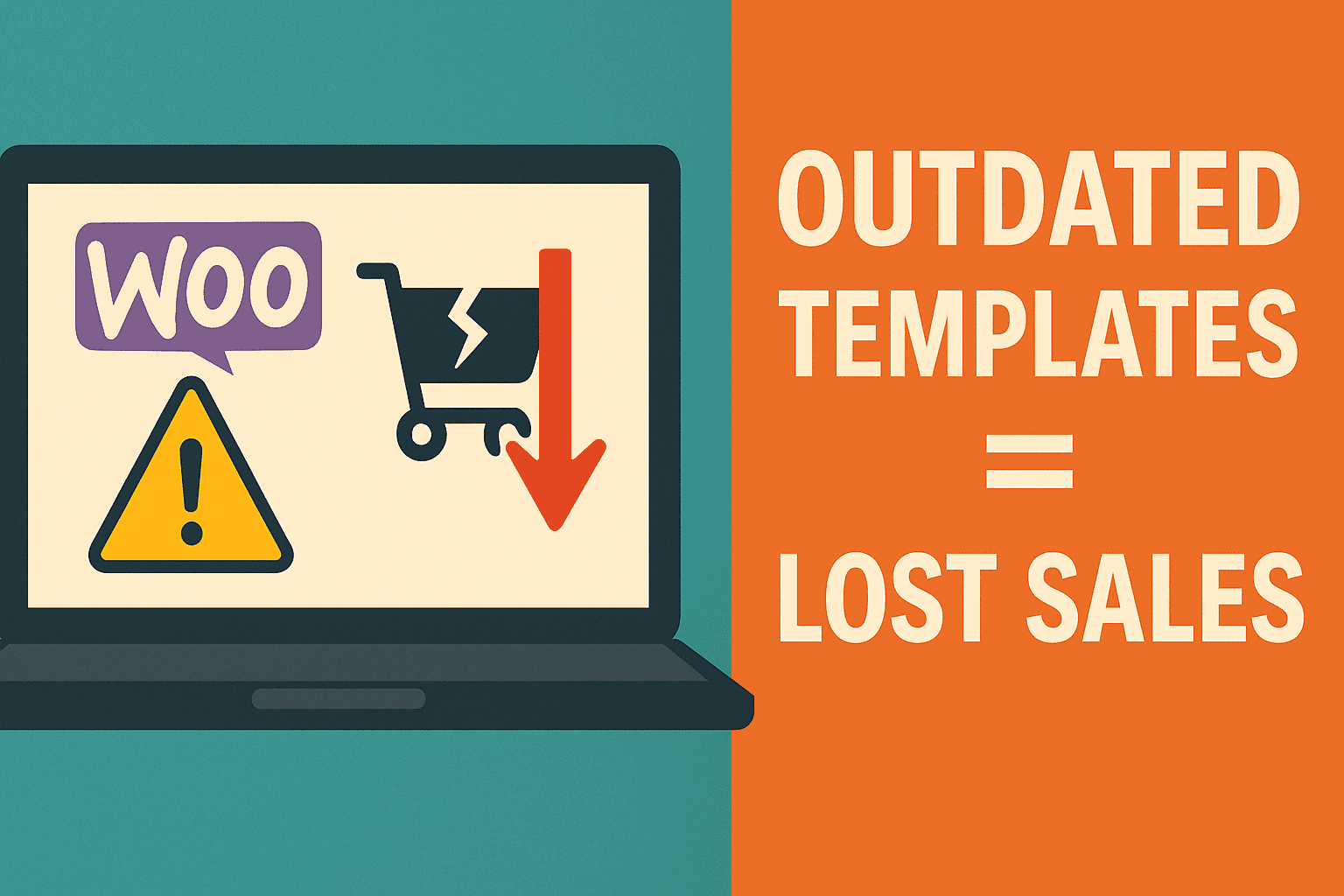Elementor is one of the world’s leading page-building tools. Used by millions of websites worldwide and boasting an expansive user community, Elementor can often be heard making headlines for its performance issues – some sites take too long to load even with low-cost shared hosting plans; other users experience issues opening the editor due to incompatibilities between themselves, their web host or any plugins installed, as well as any number of factors beyond their control.
There are various factors that contribute to a website’s loading time, with one of them being the number of heavy scripts and CSS on it. Too much content could increase HTTP requests which in turn leads to slower browser load times – you can use various web developer tools such as PageSpeed Insights, Lighthouse, Chrome UX Report API GTmetrix and Pingdom to check this and make changes if your load time is slow. If this is indeed the case for your site there are ways it can be improved such as:
Before deactivating any plugins besides Elementor and ElementsKit, try deactivating them all one at a time until Elementor or ElementsKit start loading faster again. Also try switching themes – good ones should not interfere with page speed but some may.
Another way to speed up website load times is with caching and optimization plugins such as WP Rocket, NitroPack or PageSpeed Insights. These plug-ins reduce file sizes while caching them for quicker load times – contributing towards improved Core Web Vitals scores such as Largest Contentful Paint or First Input Delay scores.
Upgrade your PHP version and increase memory limit – at minimum 256MB is recommended – can also help. These settings can be changed in Elementor’s admin panel via System Info menu.
Removing all unused widgets from your site is also recommended, not only to increase page speed but also make it more secure. If using third-party addons, they allow users to disable unnecessary widgets through their settings. Most reputable addons offer customers this feature; however, if you are uncertain which plugins are causing issues you can contact the addon developers for assistance in isolating these plugins from further conflicts. They may provide guides for how to exclude certain ones that cause conflicts from further playback. If the issue cannot be solved, your webhost might offer a refund or you could ask them to upgrade PHP version and memory limit as an easy solution; it might cause temporary loss of functionality but be mindful that creating backup copies before making these changes might help ensure smooth sailing!




